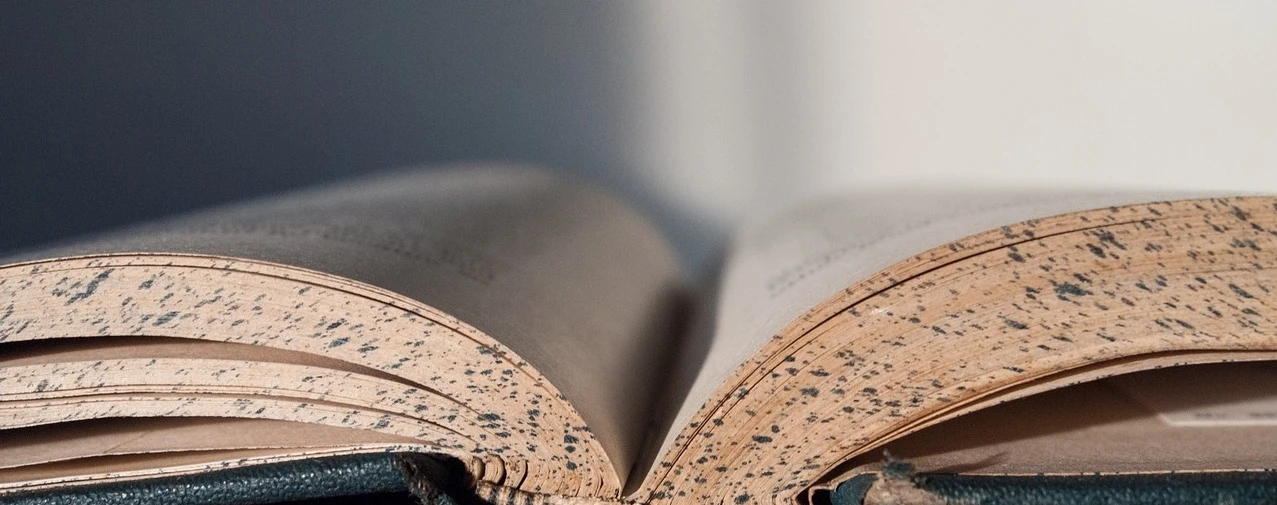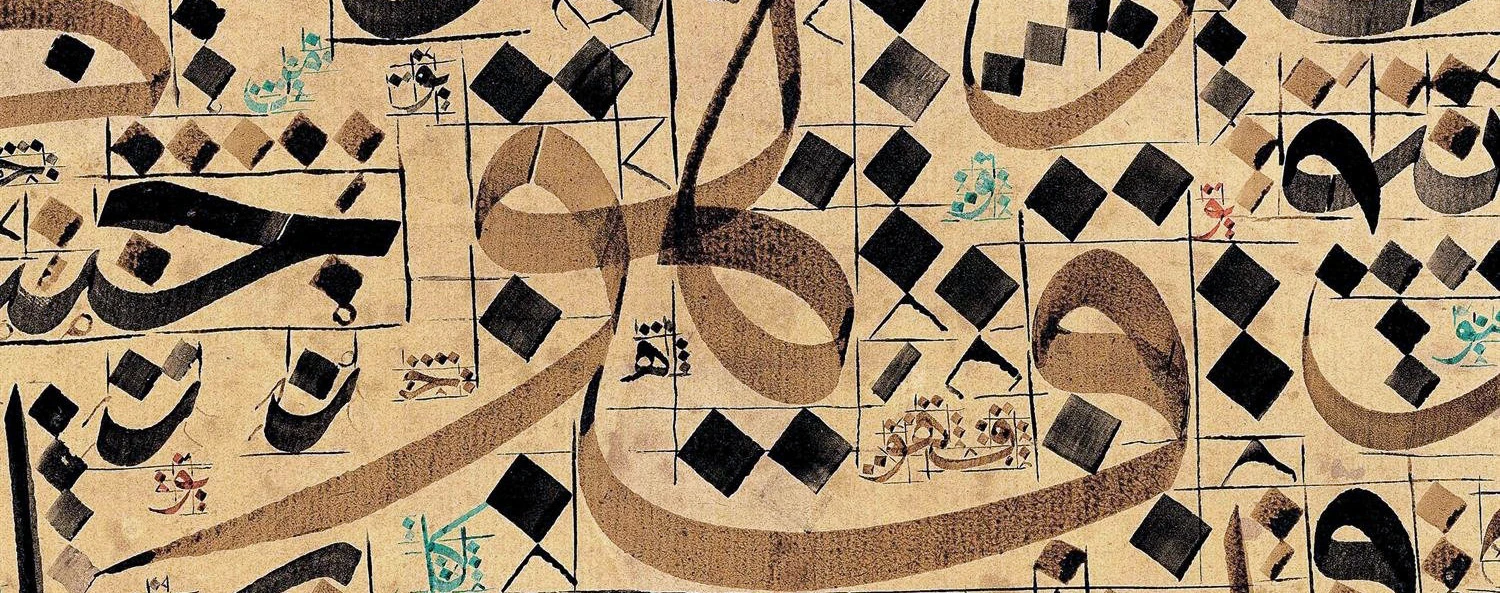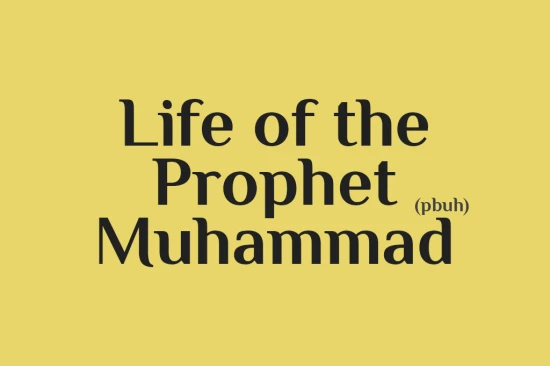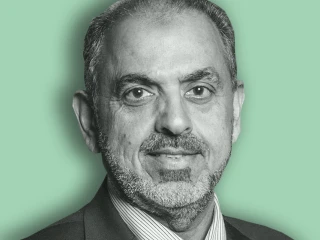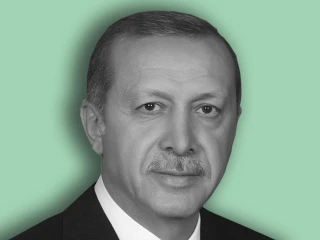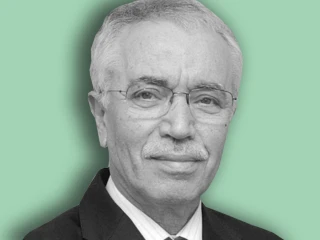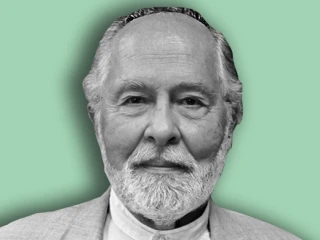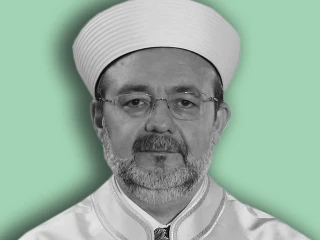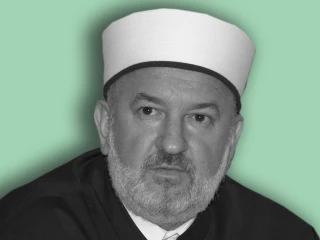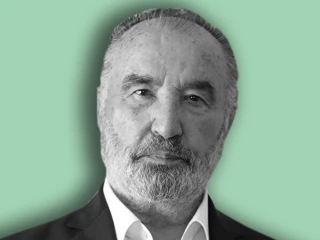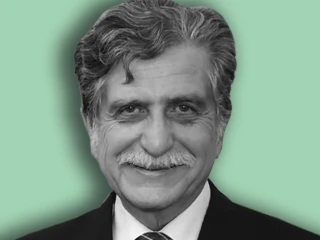
Hz. The Prophet is a founder of civilization. We In that example in the person of the Prophet, we are the ones who embarked on the founding of civilization. Here, we are trying to build our own in the name of civilization, for the sake of universal values, in the idea of "personality" that He created and invites us to form, at this door of mercy. I trust the Meridyen Association a lot. They have this idea of "meridian"; They are armed in the spirit of universality, that is, with a universal ideal in inclusiveness, in order to be human. Thank you, congratulations, good luck and success.









